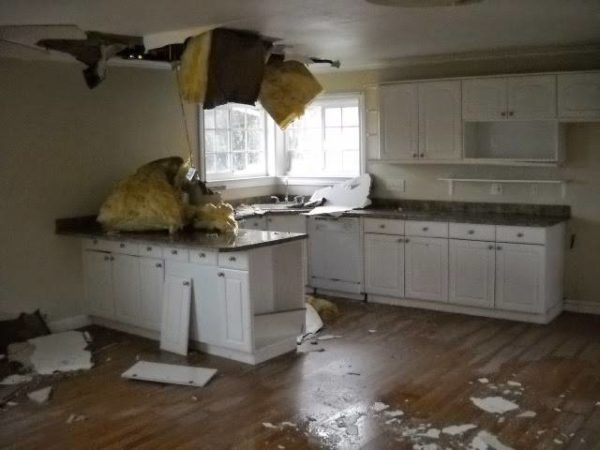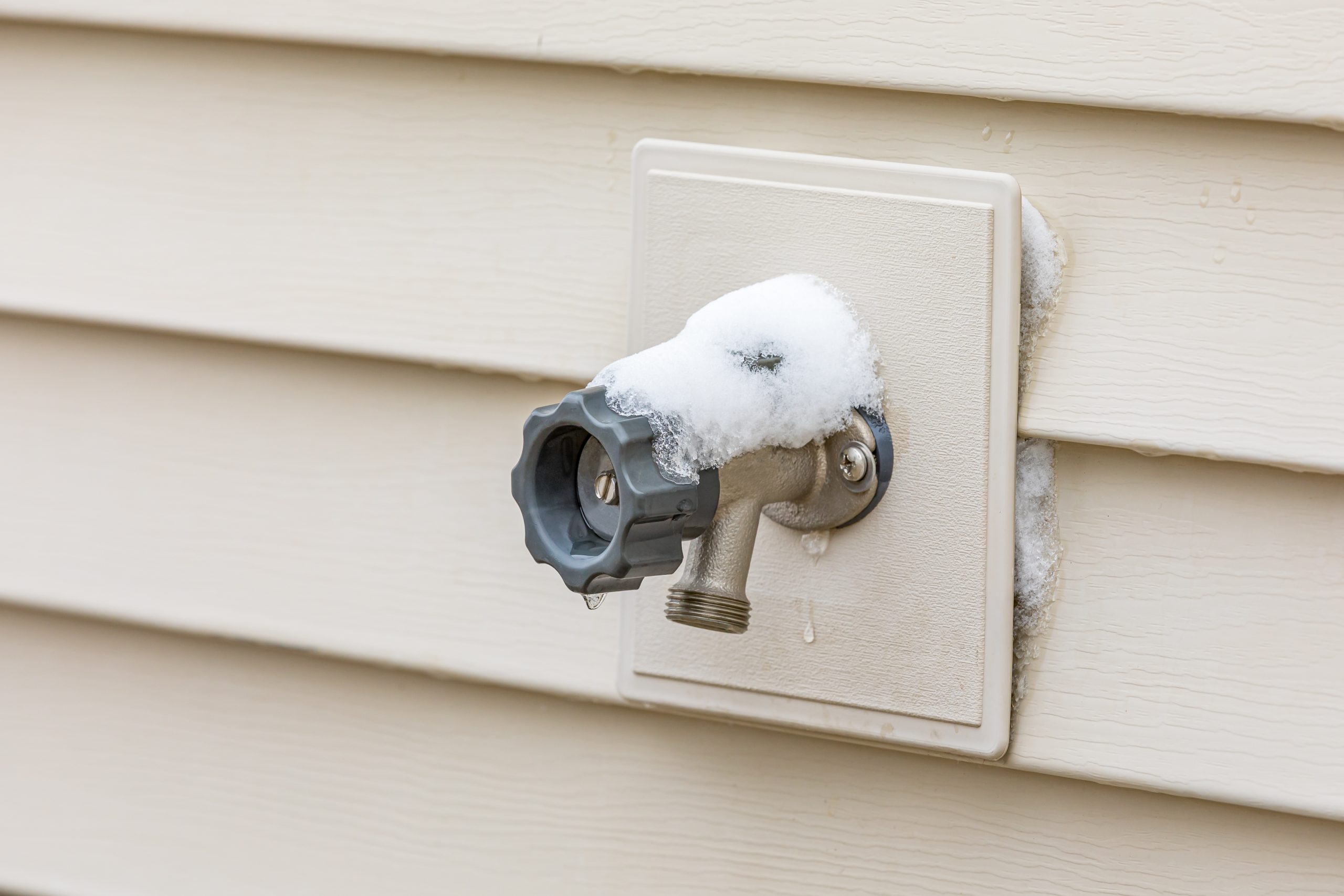
Do you have a summer residence? Or maybe you relocate to warmer temps during the cold season? Call TMS for winterizing your home and protect it while you’re not there!
Winterizing is when a house is prepared for vacancy. This process prepares the plumbing system and components to not be affected by temperature extremes (so the pipes don’t freeze). The process should be performed when a house is expected to be vacant through the heating season, a.k.a winter.
Insulating Pipes

Shutting Off the Main Water Valve
Since you won’t need running water while you’re away, we recommend shutting off the entire water supply to your home. That way, if you accidentally leave a toilet, faucet, or water appliance running, or if you happen to have any small leaks, you won’t run the risk of water freezing inside your pipes. If you’re connected to well water, turn off the well pump instead.
Disconnecting Exterior Hoses
When the seasons change and you no longer need to water your lawn or plants, we recommend disconnecting exterior hoses from their spigots. Then, shake loose excess water and store them safely in a garden shed or garage. If you accidentally leave your hoses connected in winter, they could freeze and then crack. And then you’ll be left replacing them come spring. This same idea applies to sprinkler systems, too. If you have one installed, make sure it’s shut off during winter.
Blowing Excess Air Out of Your Pipes
Once your main water supply has been shut off, use an air compressor or vacuum to blow excess air from your pipes. You want them completely dry for the winter.
With normal day-to-day water usage, insulated pipes will remain balanced during winter. But if they go without use for months on end, standing water can cause pressure changes in your pipes. As temperatures drop, the pressure buildup can put an unhealthy strain on your pipes, causing them to shift, break, or burst.



